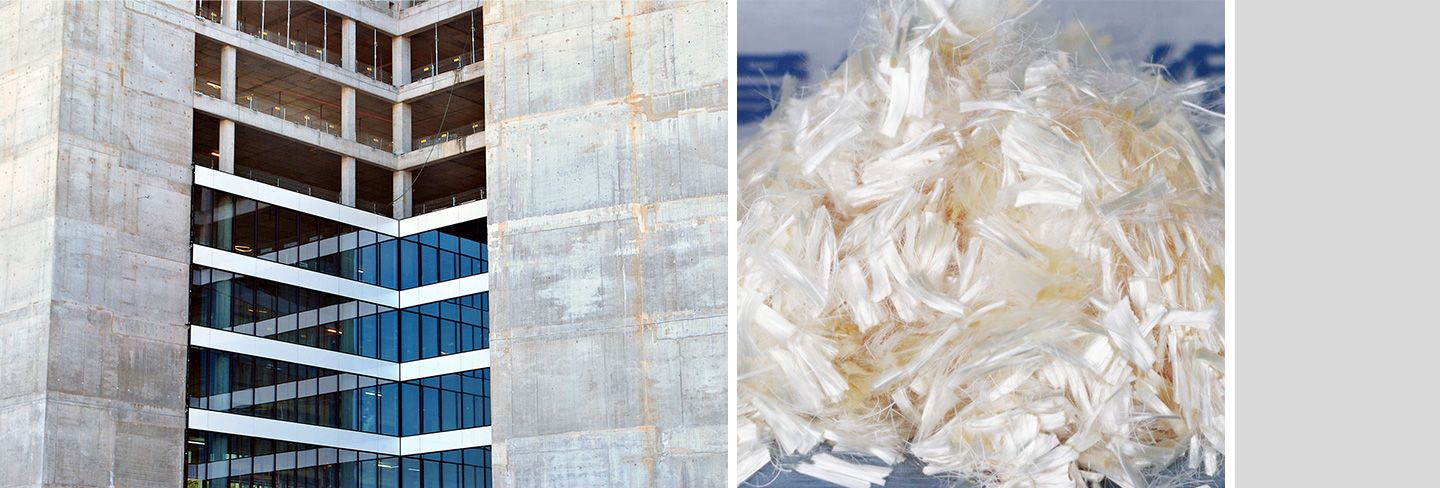What are the properties of polypropylene fiber?
Polypropylene fiber possesses several important properties that make it a valuable material for various applications. Some of the key properties of polypropylene fiber include:
Lightweight: Polypropylene is a lightweight material, which is advantageous for applications where weight is a concern, such as in textiles, outdoor gear, and automotive components.
High Strength: Despite its lightweight nature, polypropylene fiber is strong and durable. It has good tensile strength, which makes it suitable for use in ropes, twines, and other load-bearing applications.
Chemical Resistance: Polypropylene is highly resistant to a wide range of chemicals, including acids, bases, and solvents. This property makes it suitable for use in environments where exposure to chemicals is a concern.
Moisture Resistance: Polypropylene is hydrophobic, meaning it repels water. It does not absorb moisture easily, making it a good choice for applications where moisture resistance is important, such as outdoor textiles and marine ropes.
Low Moisture Absorption: Polypropylene has low moisture absorption, which helps it maintain its properties even when exposed to moisture or humidity.

Heat Resistance: Polypropylene has a relatively high melting point, making it resistant to heat. It retains its shape and properties at temperatures below its melting point, which is around 160-170°C (320-338°F).
Colorfastness: Polypropylene fibers are known for their ability to retain color well. They are less prone to fading when exposed to sunlight compared to some other synthetic fibers.
Hypoallergenic: Polypropylene is non-toxic and hypoallergenic, making it suitable for use in medical and healthcare products such as surgical gowns and face masks.
Good Insulator: It is an excellent electrical insulator, which is advantageous in applications where electrical conductivity is a concern.
Recyclable: Polypropylene is recyclable, and many products made from it can be recycled, reducing environmental impact.
Mold and Mildew Resistance: Due to its resistance to moisture and water absorption, polypropylene is less susceptible to mold and mildew growth.
Abrasion Resistance: Polypropylene fibers have good resistance to abrasion and wear, making them suitable for applications where the material is subjected to friction or rubbing.
Buoyancy: Polypropylene is buoyant in water, making it useful in applications such as life jackets, marine ropes, and buoyancy aids.
These properties make polypropylene fiber a versatile material that can be used in a wide range of industries and applications, from textiles and packaging to construction and automotive components. Its combination of strength, durability, and resistance to various environmental factors makes it a popular choice for many products.

